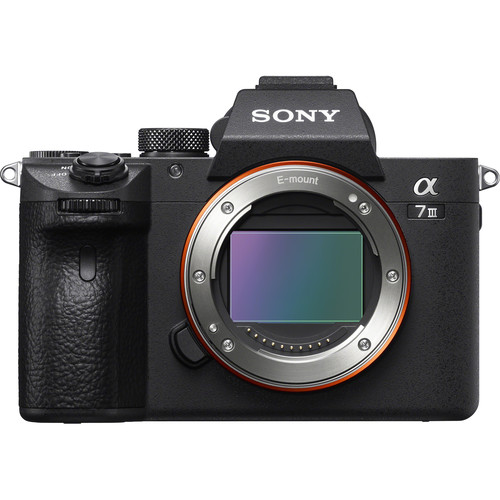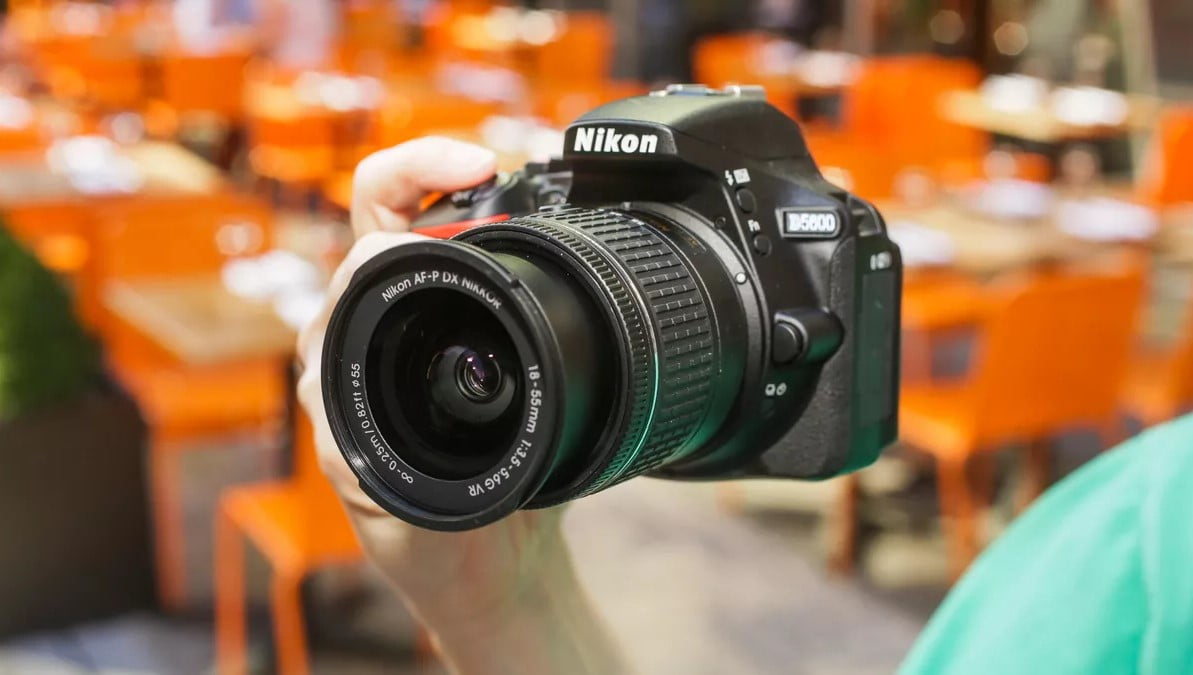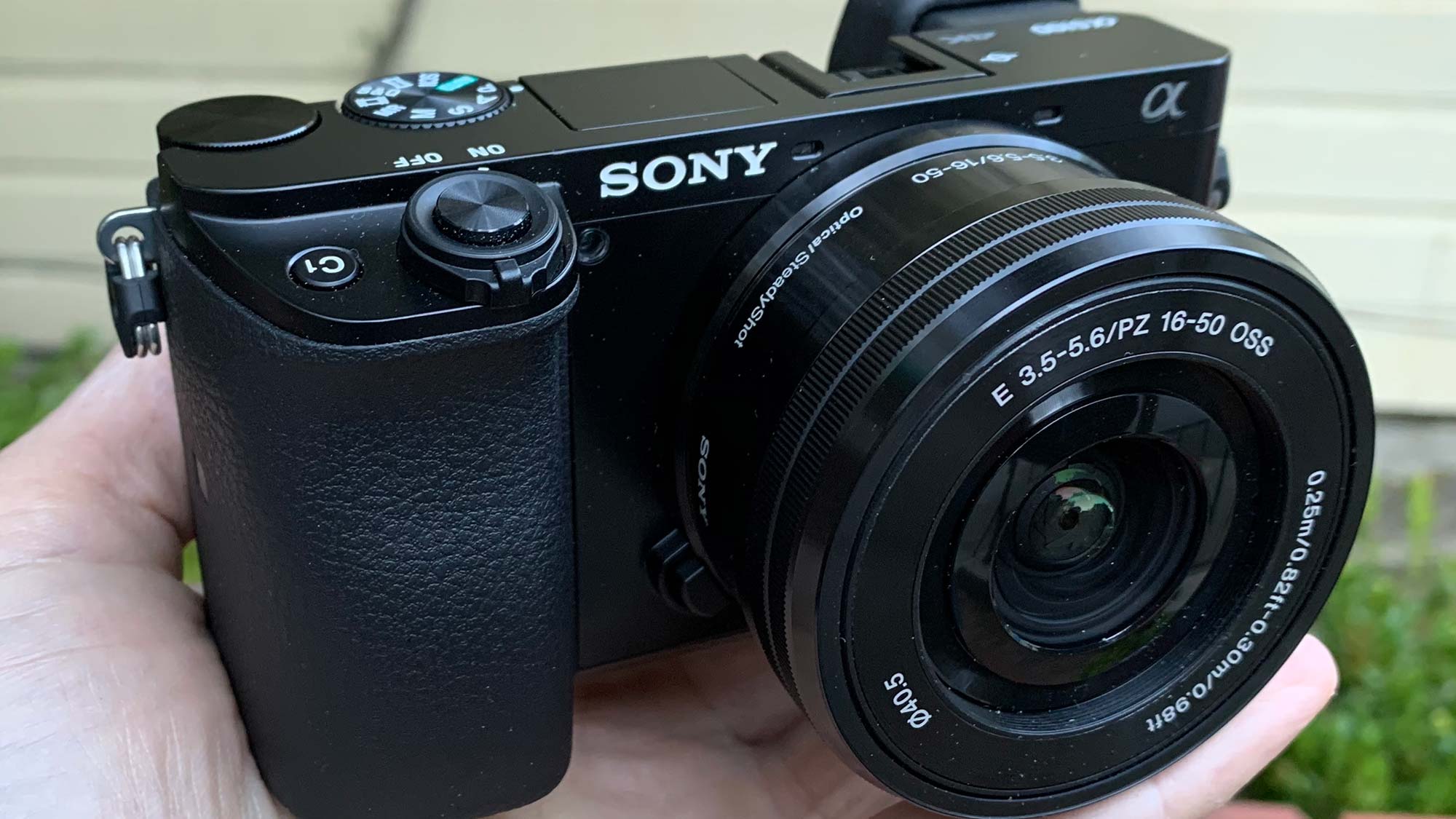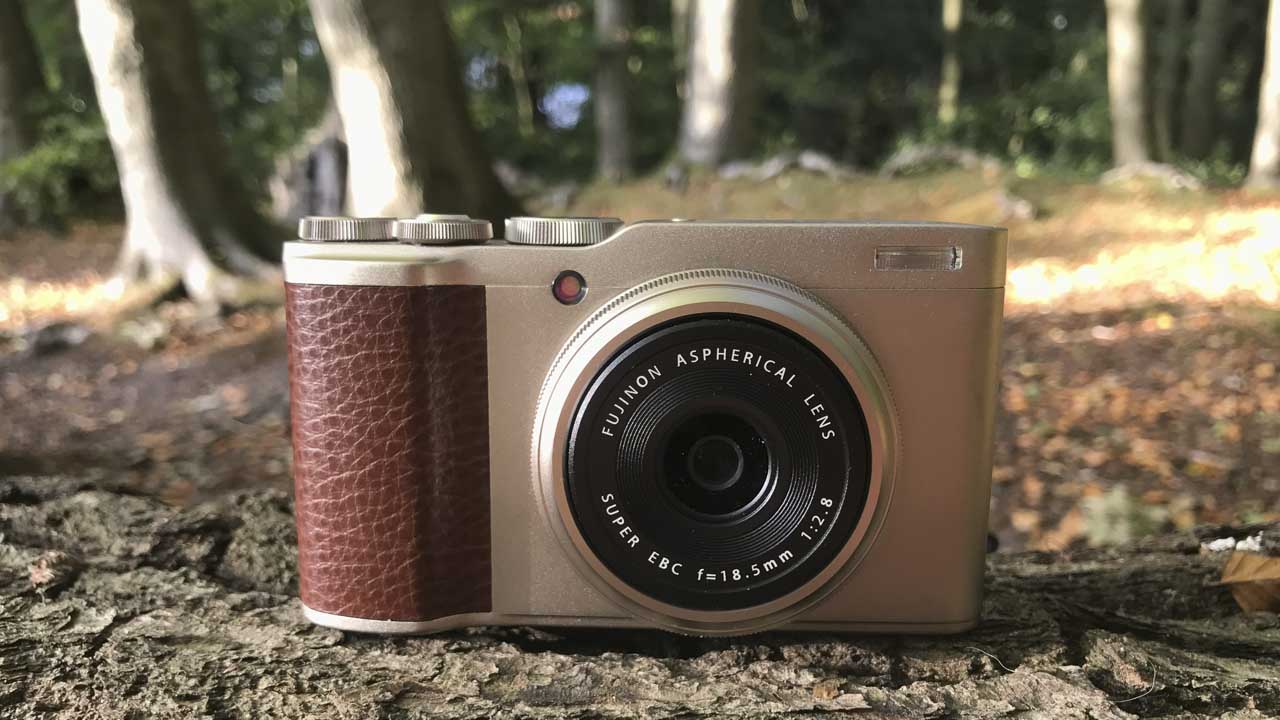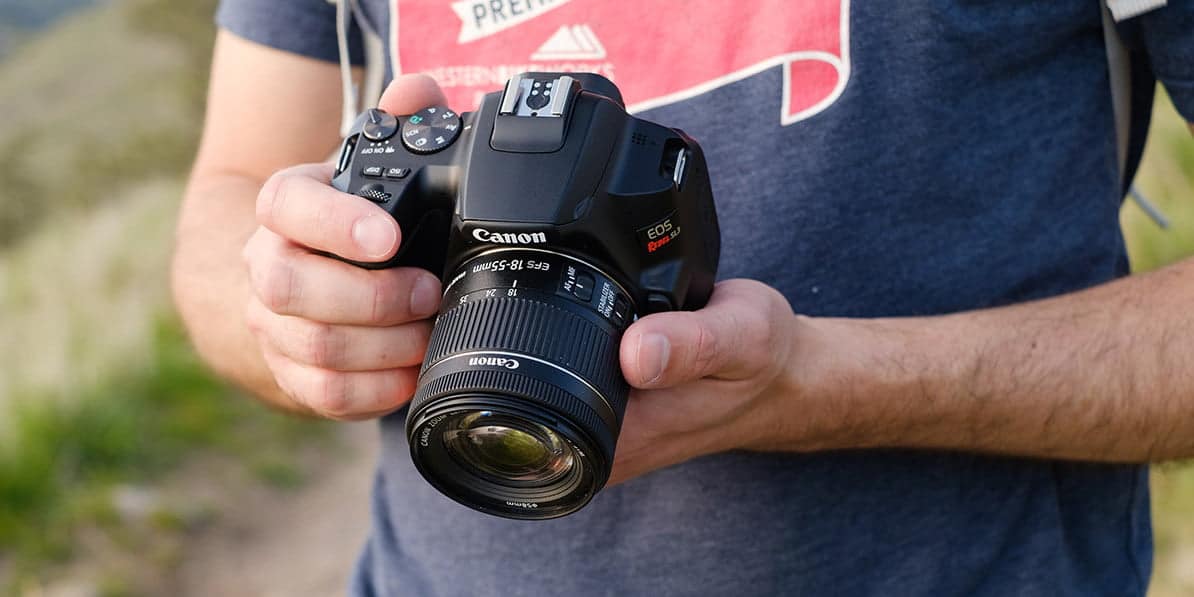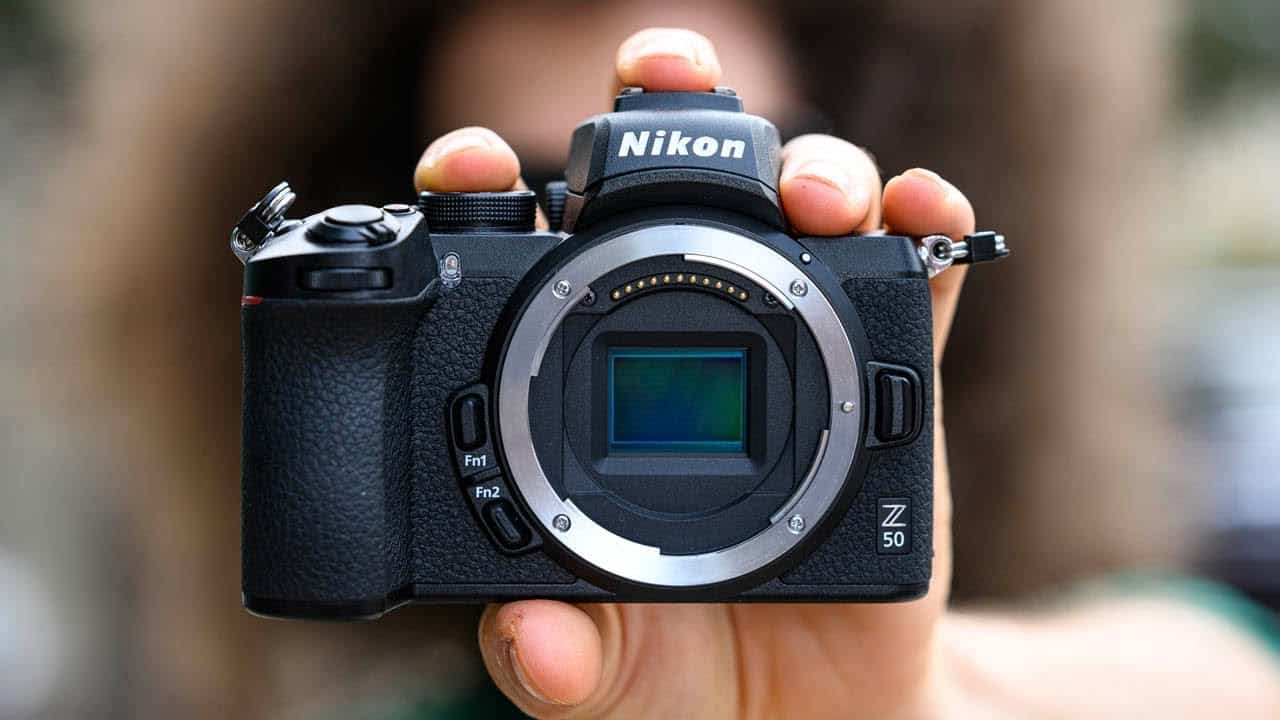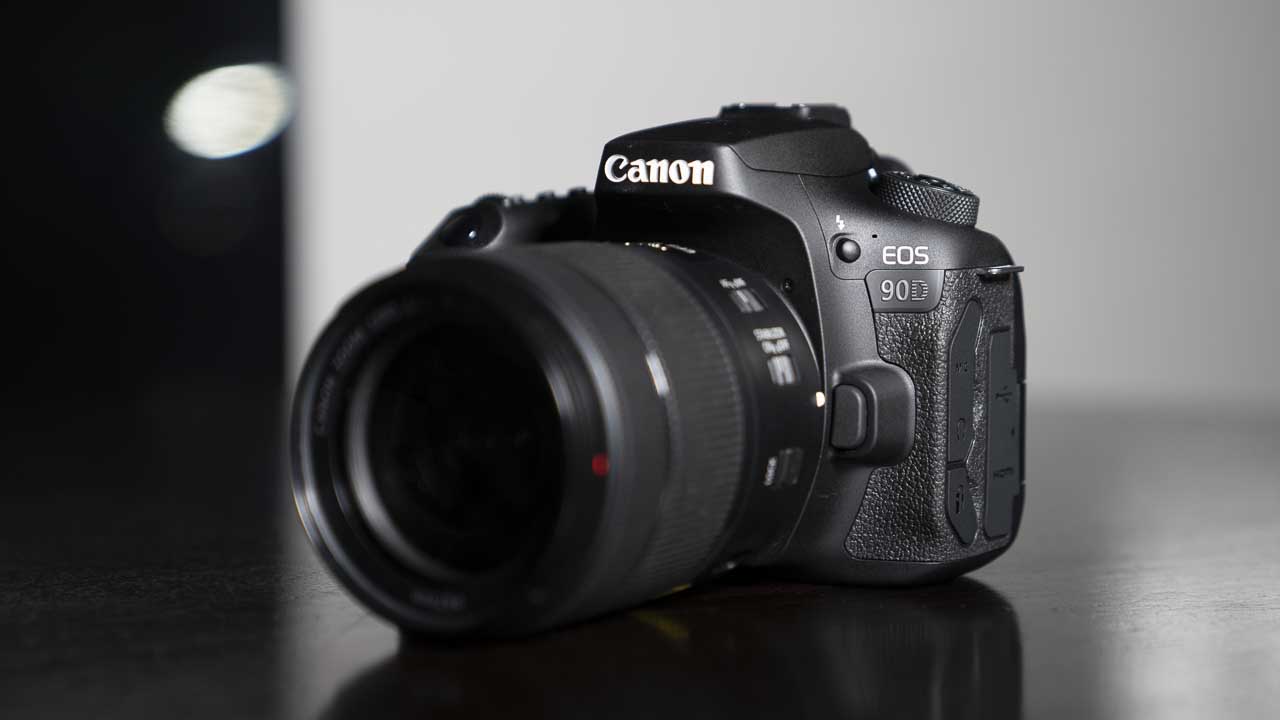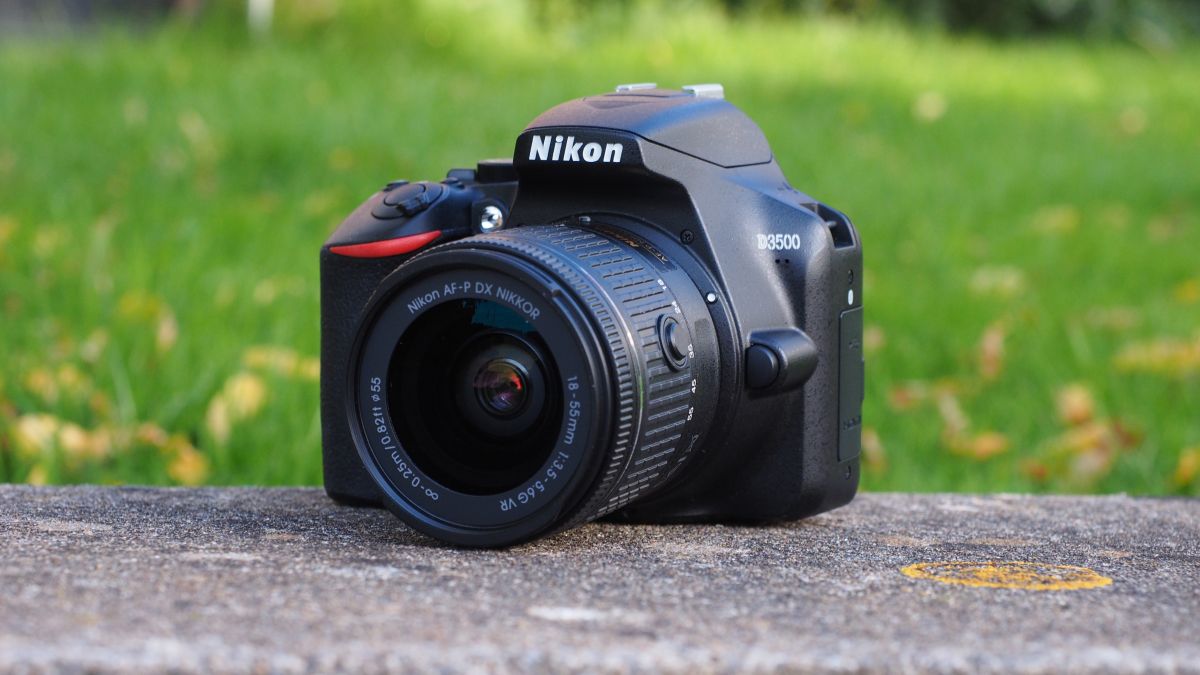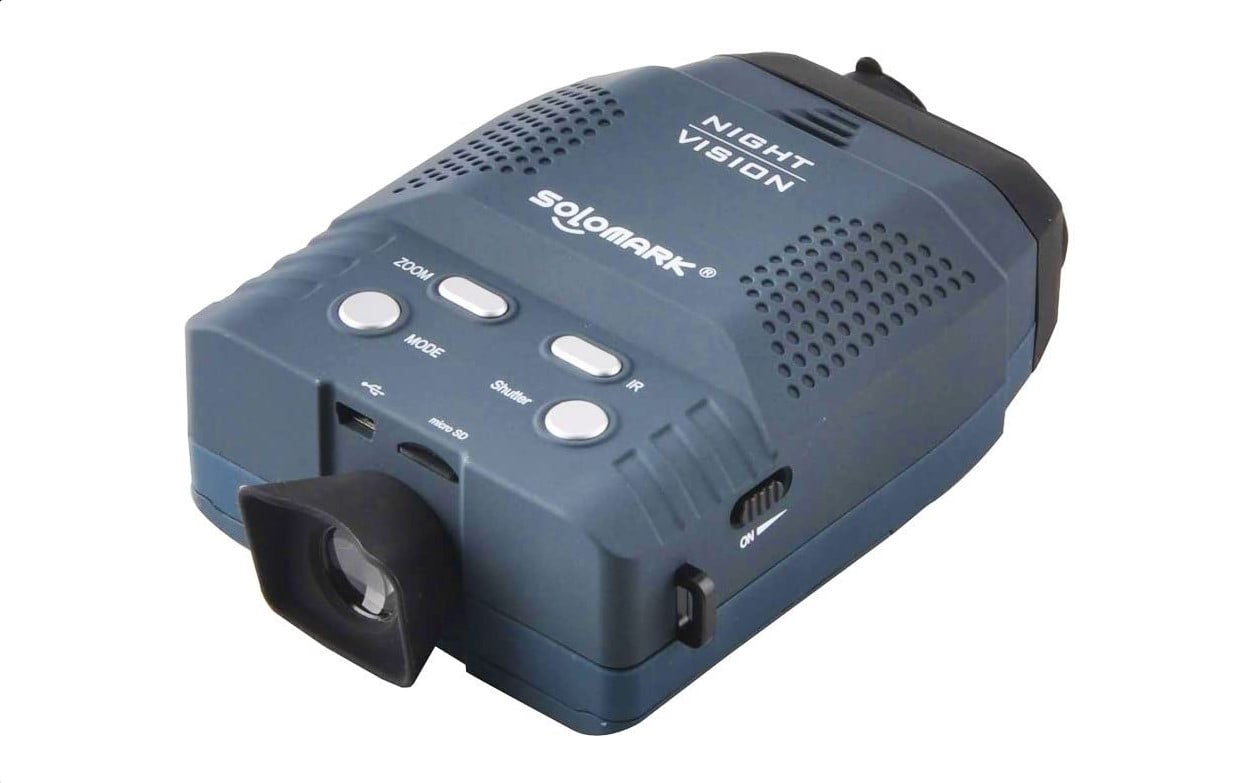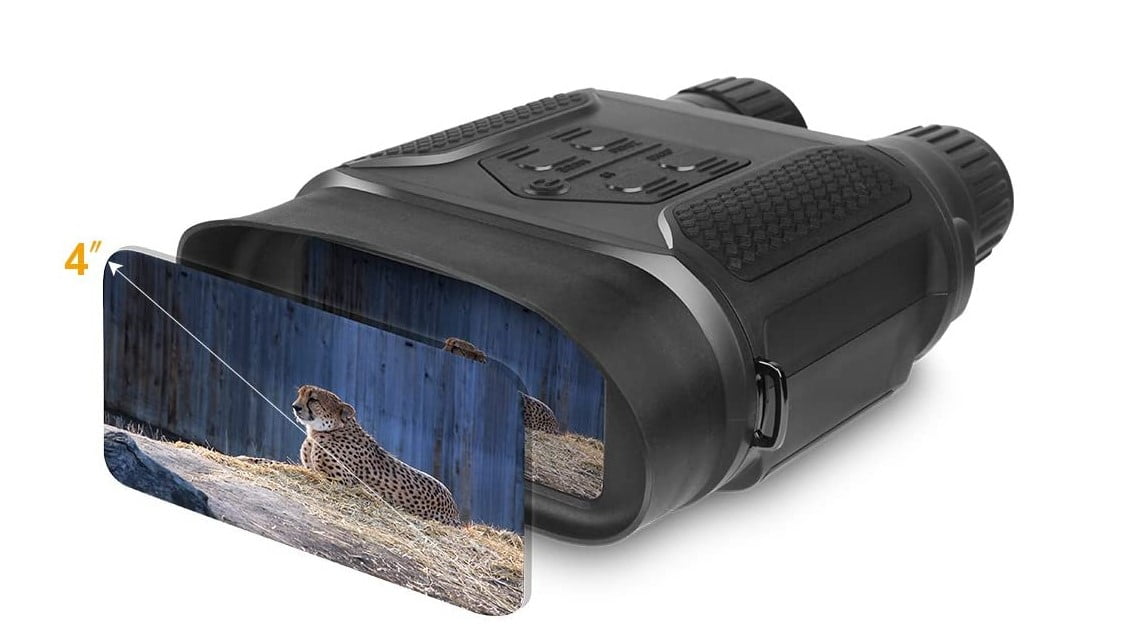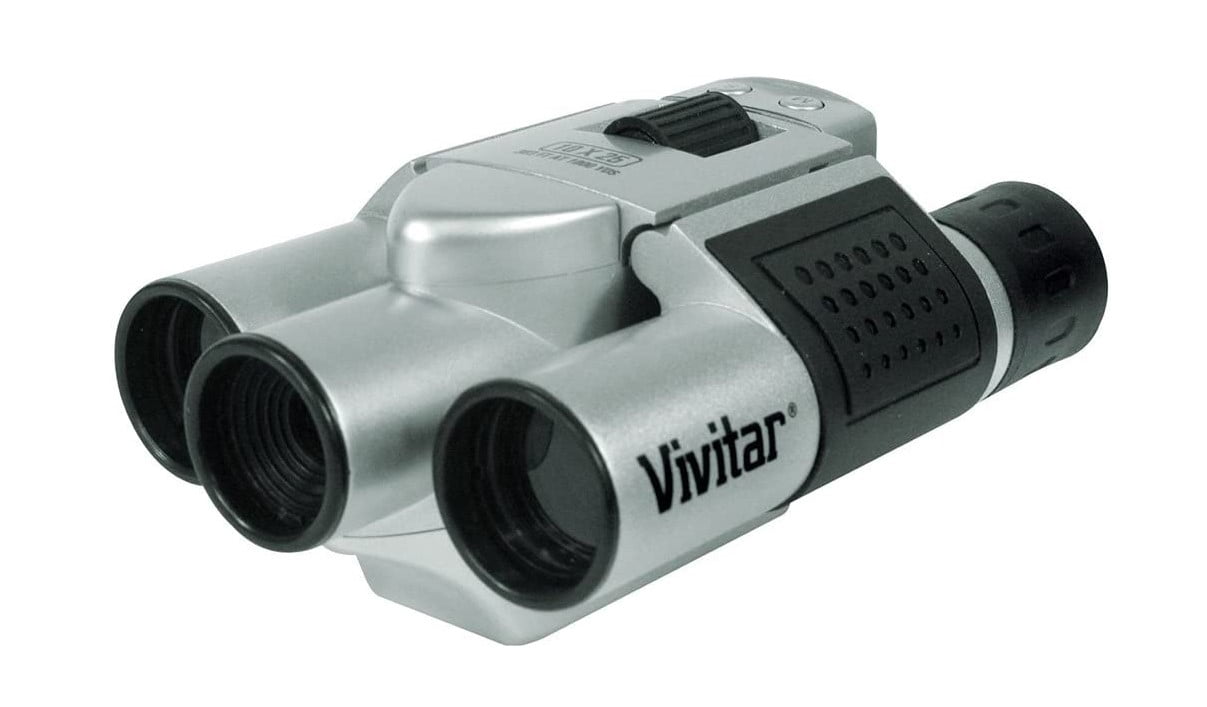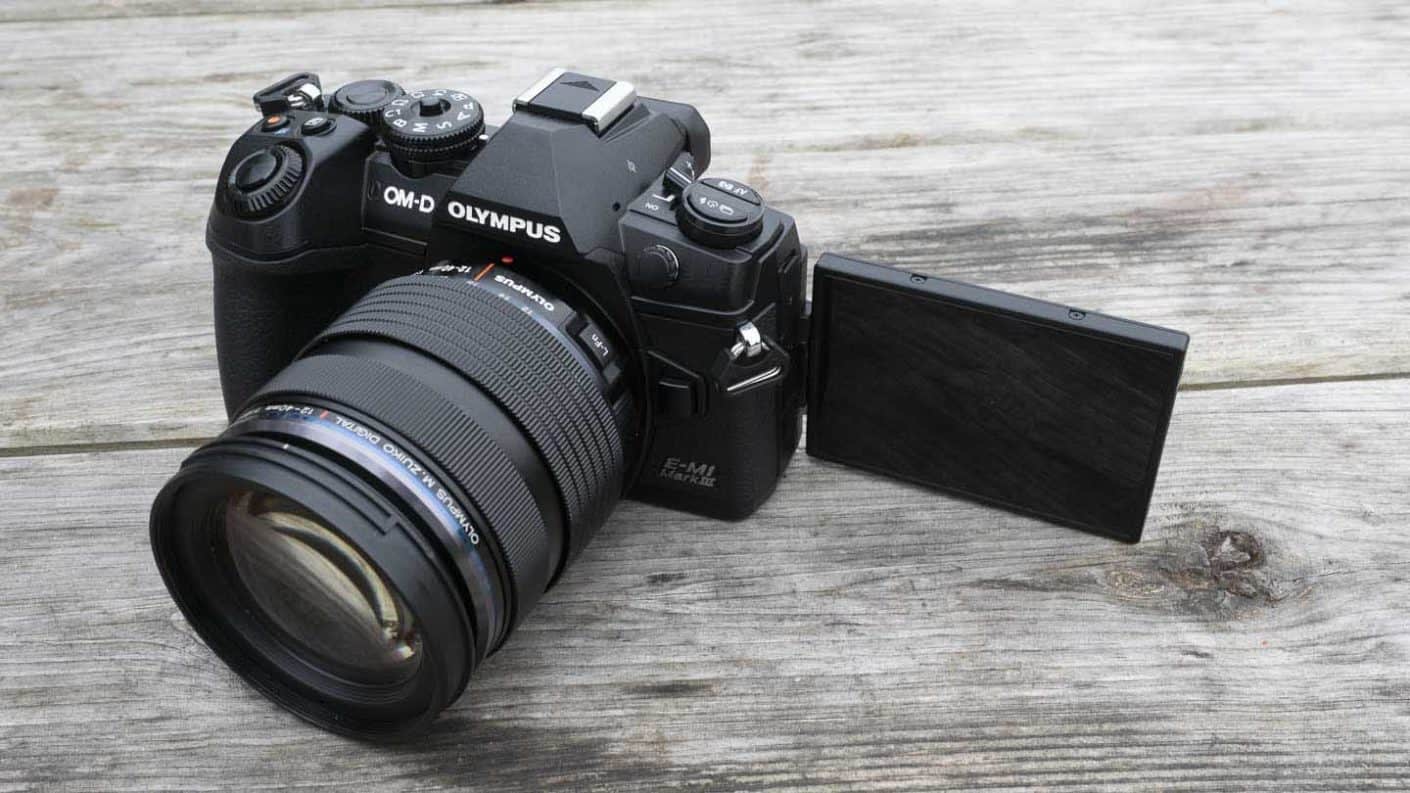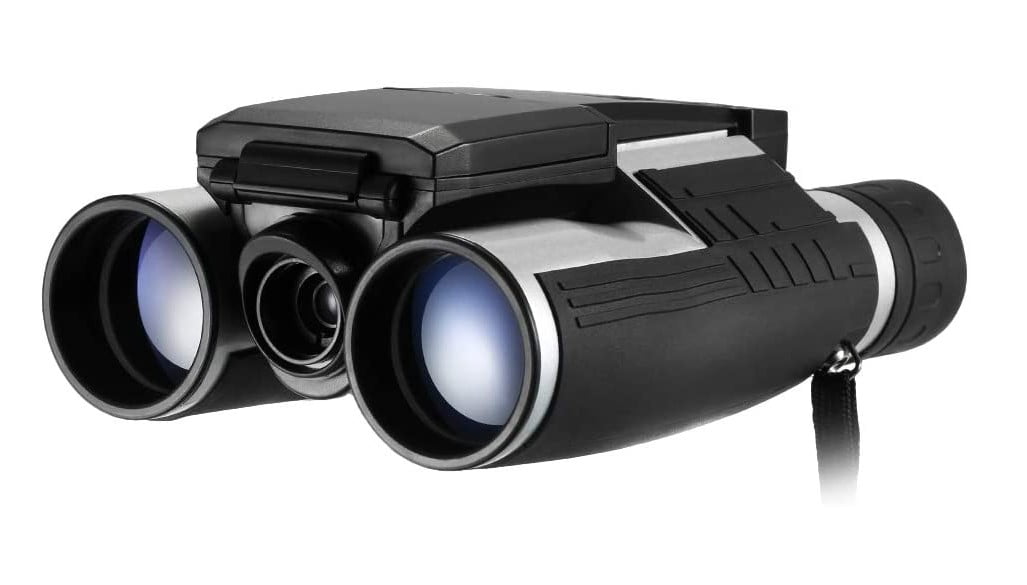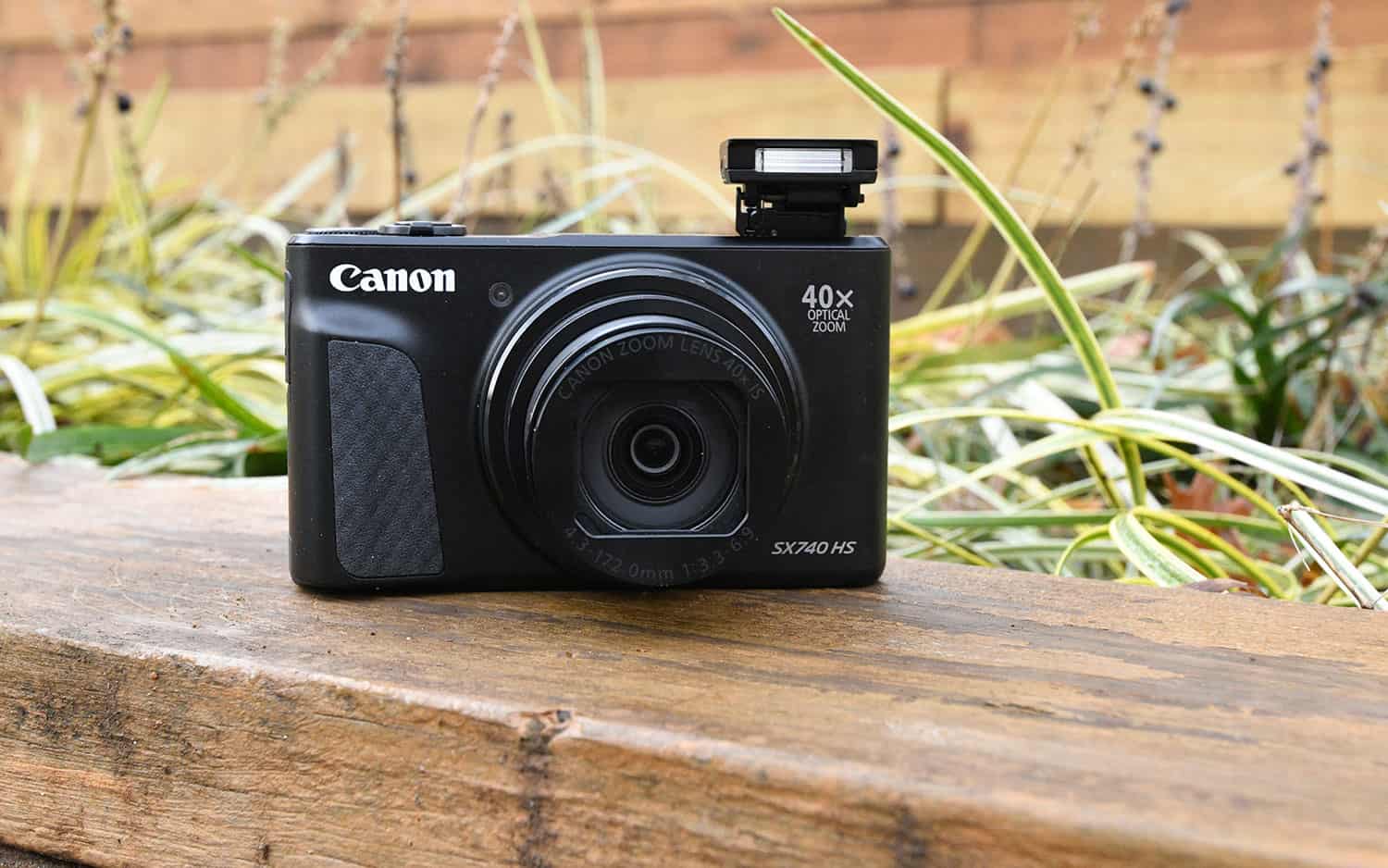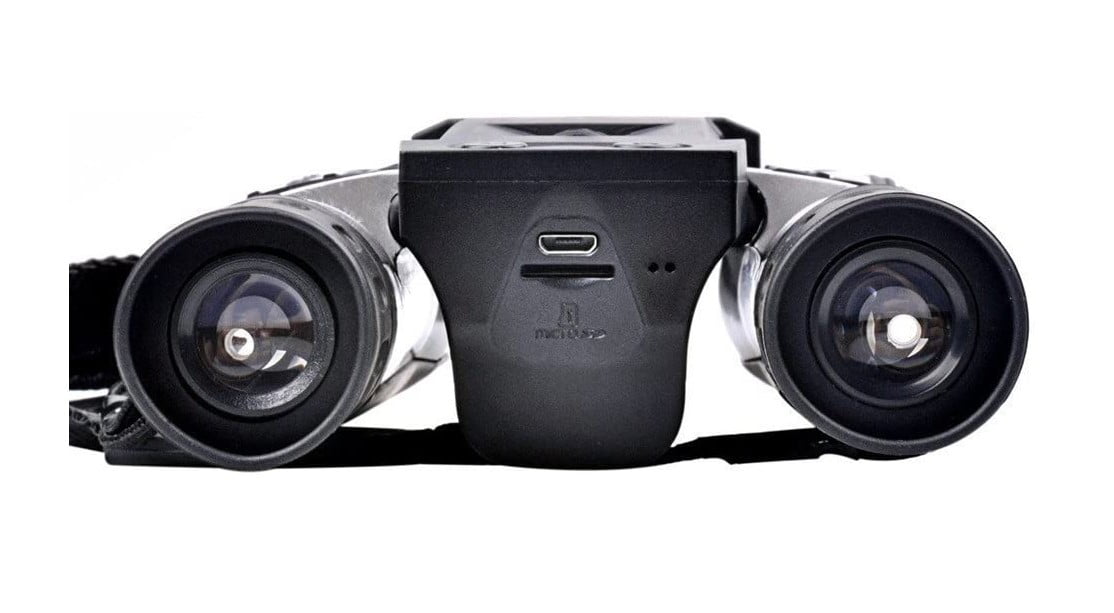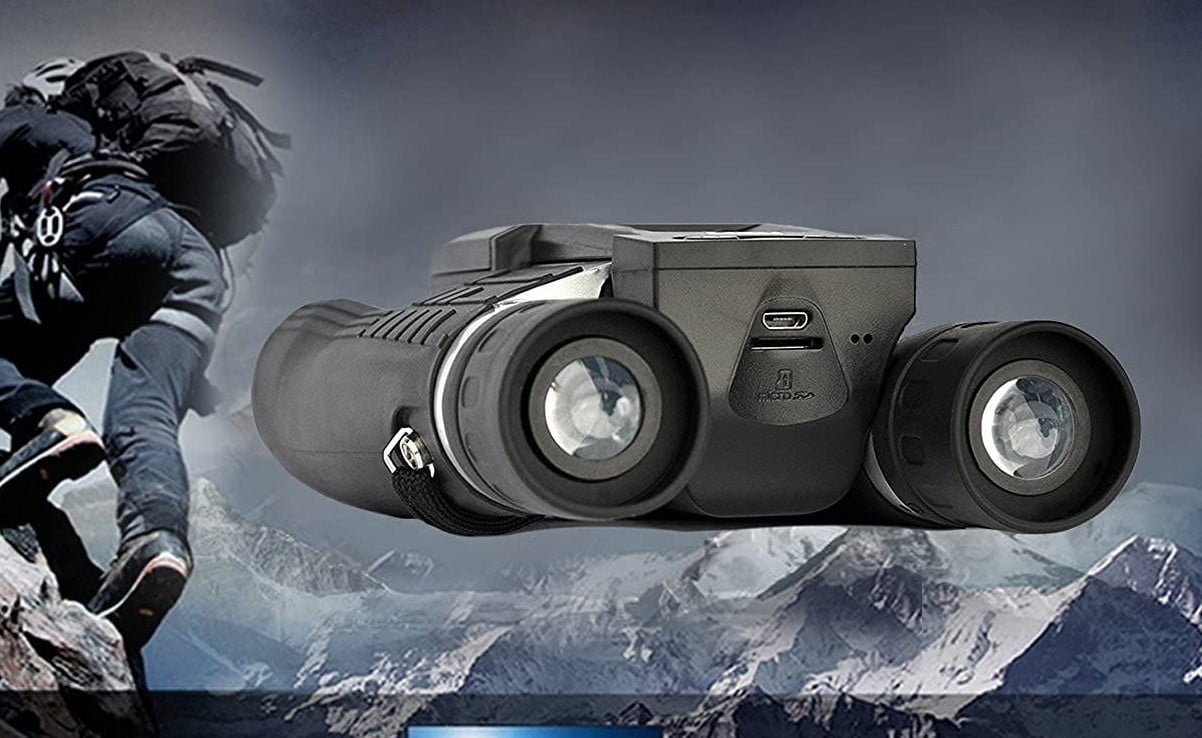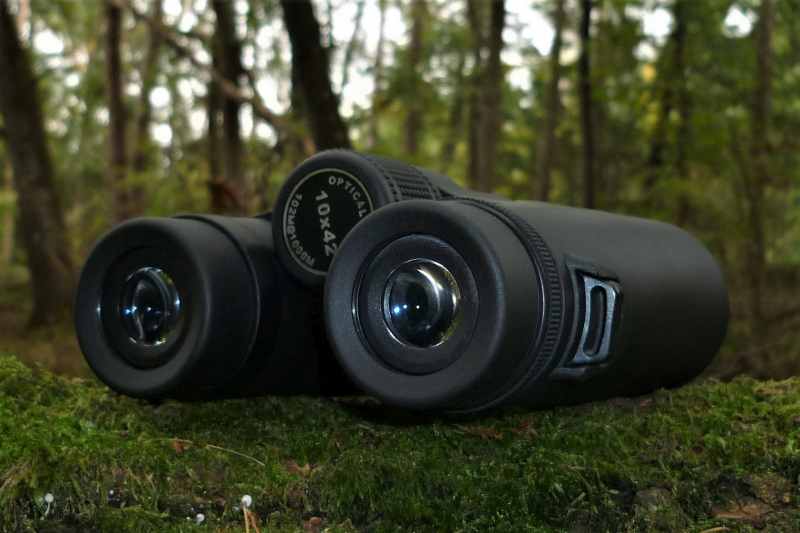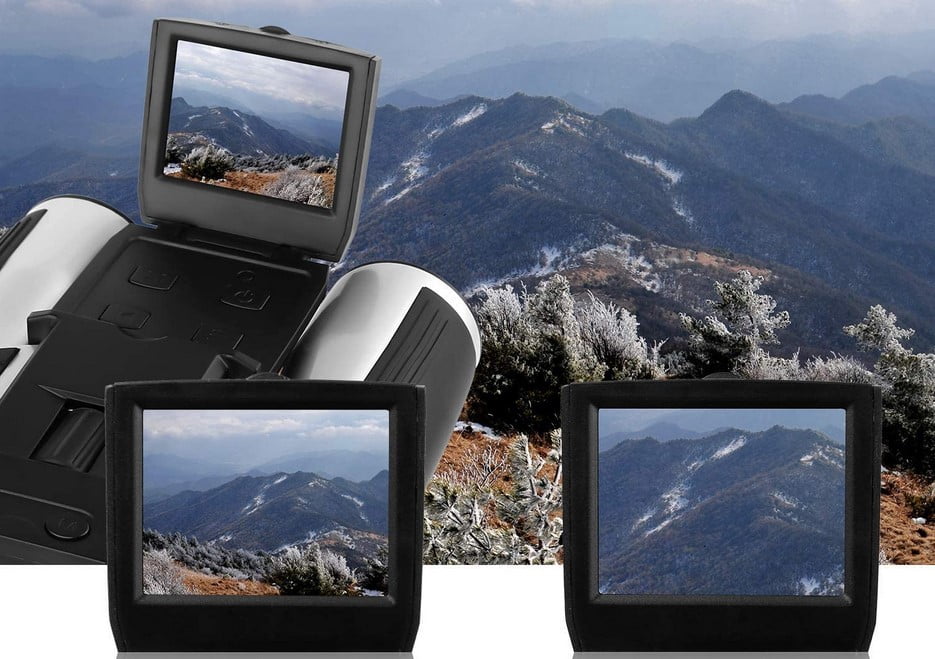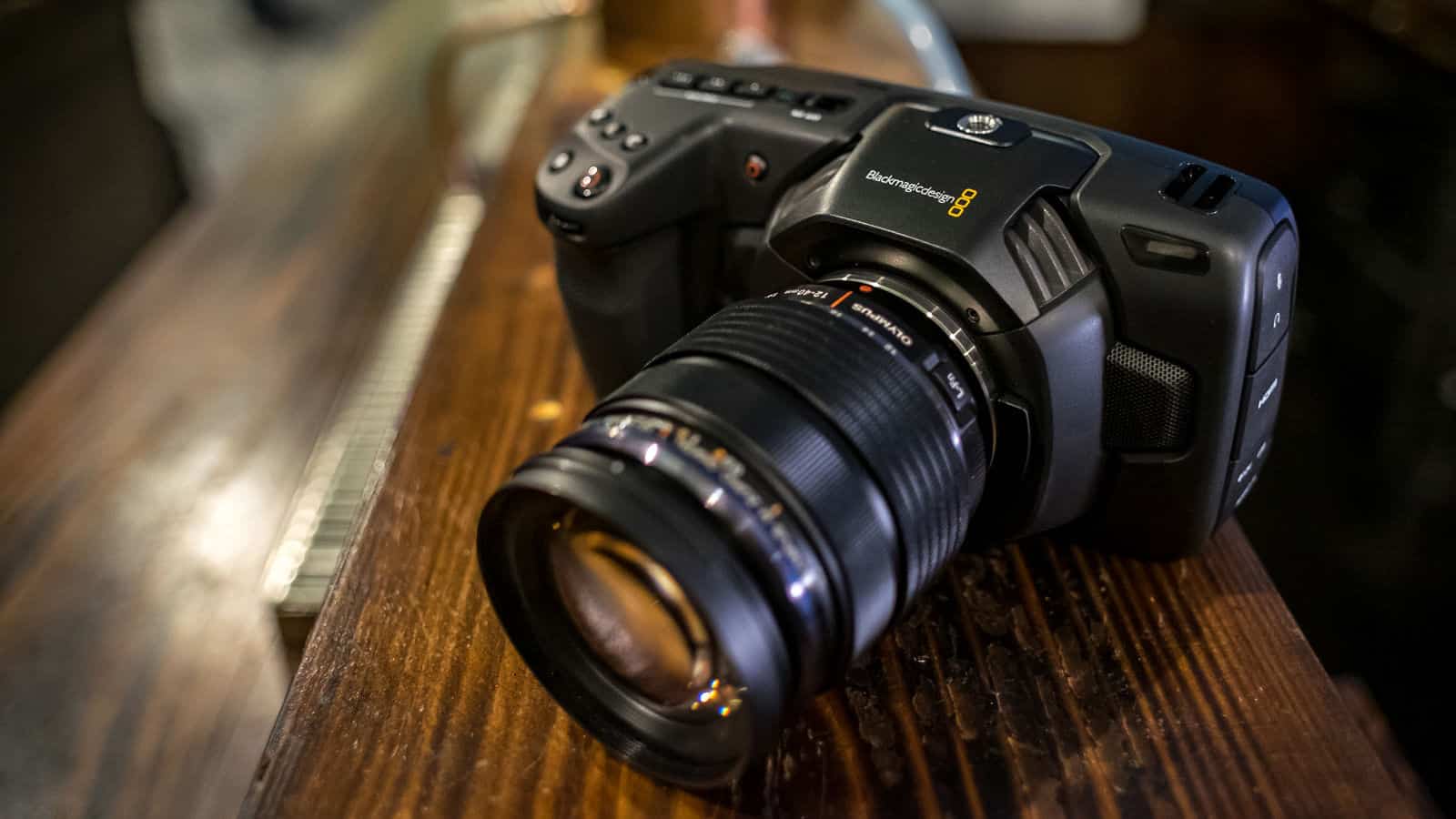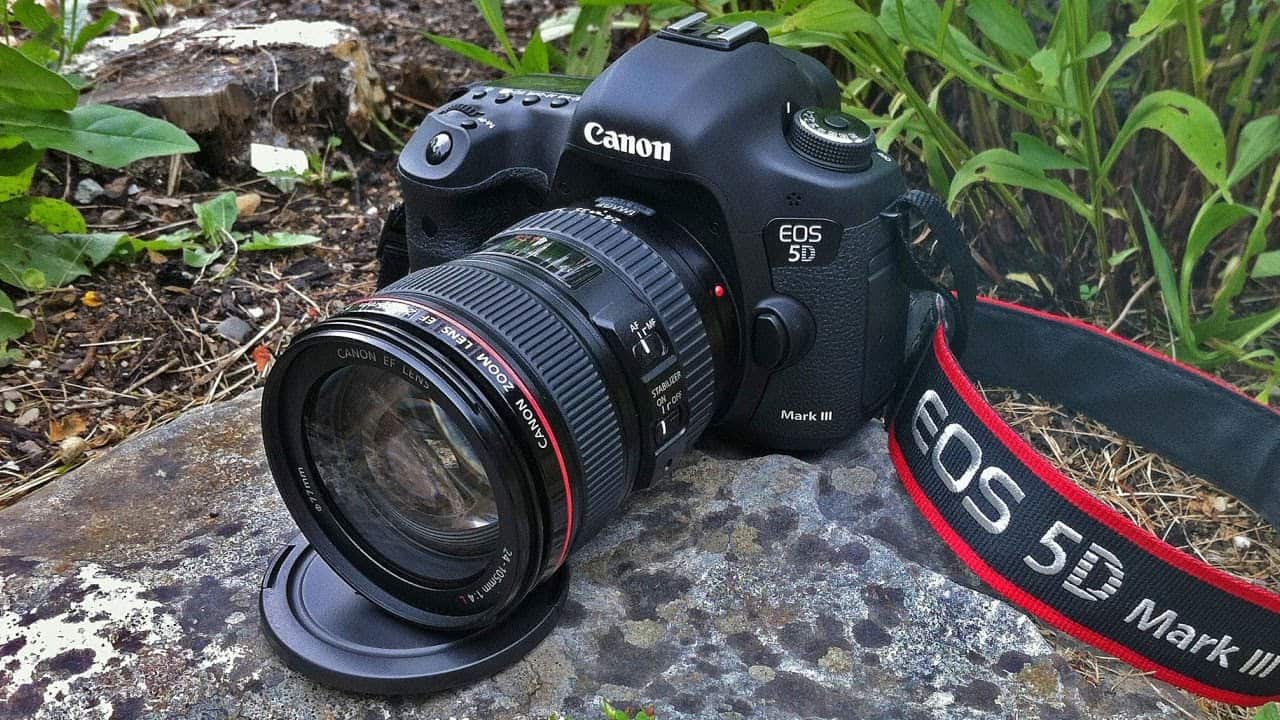It’s no secret that digital cameras are expensive. At some point in your career, whether you’re an entry-level photographer or a seasoned professional, you’ll eventually find yourself debating whether you need a new model to replace your old one. And, as you might expect, there are many factors to consider when answering the question, “should you buy a new digital camera.” So, to help you make an informed buying decision, let’s look at a few different factors you need to consider when looking for the best digital cameras to meet your needs.
KEY TAKEAWAYS:
- If you already have a digital camera, consider the reasons why you’re looking to purchase a new one, such as whether your skills have outgrown your current model or you’re tempted by new technology.
- Take a look at your budget and determine how much you’re willing to spend on a new camera.
- Think about what features you want or need in a camera and look for models that meet these criteria within your budget.
Things to Consider Before You Buy
While it might be tempting to rush out and buy the first digital camera you see, take a few minutes to really think about the following points to determine whether the expense is worth it.
Do You Need a New Digital Camera?
Like any form of technology, camera manufacturers release increasingly advanced digital cameras every year. As a result, it’s easy to get wrapped up in all the new-fangled features and innovations, which may leave your current model seeming less than desirable. But before you rush out and purchase the latest and greatest, consider whether you really need a new camera.
If you’ve been a practicing photographer for a while, you may find that your skills have outgrown your current digital camera. In this case, it’s not a bad idea to consider looking at models that will allow you to continue to grow in your craft.
Of course, if your current camera serves your needs just fine and you’re simply enthralled by the idea of a new camera with a lot of extra features, it’s advisable to seriously consider whether a workshop or a new lens or other camera accessories might fill that desire. If your current skill level isn’t up to using all those new options, that new camera isn’t going to do you all that much good.
Of course, you may also be just getting started in photography and want to buy your first camera. In this case, we recommend starting with a simple model to practice with and grow your skills before committing to a more expensive camera.
What Type of Digital Camera Do You Need?
Now that you’ve answered whether you should buy a new digital camera, it’s time to think about what kind of camera to get. Depending on your needs and skill level, some may be more appropriate than others.
Compact Cameras
Compact cameras, also known as point and shoot cameras, are cheap and easy to carry. They generally have basic functions, a built-in fixed lens, and a rear LCD panel along with an optical viewfinder. These cameras are great for beginners or casual photographers, although some professional photographers use them in certain circumstances.
Advanced point and shoot cameras also happen to also be popular among birdwatchers, thanks to features like Superzoom.
DSLR Cameras
With their interchangeable lenses, optical viewfinders, and range of control over the technical aspects of your image, DSLR cameras have been the workhorse of photographers for many years. Even budget-friendly models in this category provide excellent autofocus. No matter what kind of photography you enjoy, DSLRs are generally a great fit, especially if your goal is to move into fine art or professional photography, or if you simply want to get into the craft as a hobby.
Keep in mind, though, that DSLRs are more expensive than point and shoot cameras. So, if you’re just starting out but aren’t sure if photography is right for you, this may not be the best choice right now. Unlike a compact camera, these models have a lot of extra aspects to consider.
For a start, they’re much larger and heavier than compact cameras. You’ll also need accessories, such as one or two lenses, filters, a tripod, and a carrying case to go with it.
However, if you’re already working with a DSLR, make sure to choose a model that is compatible with the lenses and accessories you already have. Otherwise, you may need to buy all new ones that will work with the new camera, which just adds to the overall expense.
Mirrorless Cameras
Mirrorless cameras are small and lightweight like a point and shoot camera but provide the image quality of a DSLR. In addition, they also have an electronic viewfinder. Since they don’t use mirrors or shutters, they’re also very quiet and discreet. This makes them perfect for street photography and shooting events or live performances.
How Much Are You Willing to Spend?
Before you head out to the store, make sure you have a solid idea of how much you’re willing and able to spend on a new digital camera. You don’t want to hurt yourself financially in other areas of your life by overspending on something that may not be a necessity right at this moment.
Insider Tip
Before buying a used camera, always check for shutter speed counts below 70,000 to avoid buying a camera at the end of its lifespan.
As you might expect, high-end cameras have lots of features and generally higher megapixels than less expensive cameras. While it may be tempting as a novice to opt for all the bells and whistles, a cheaper option will help you discover if you have a passion for photography before spending a lot of money on something more expensive and professional.
And, if you’re someone who’s fascinated by the history of photography and are up for a fun DIY project, check out how to make a pinhole digital camera.
Second-Hand Equipment Is Always a Good Option
If money is a concern, you may be wondering should you buy a used digital camera. Honestly, no matter what kind of camera you’re looking to buy, don’t be afraid of second-hand equipment.
Shopping around for second-hand cameras and lenses will help you get what you want without spending a lot of money on new stuff. Just make sure to buy from reputable dealers, and check to ensure they’re in good condition before you buy. Reach out to online stores and local camera shops to see what they have in stock.
Don’t Forget the Memory Cards
Regardless of the camera you’re planning to buy, you’ll need memory cards. If you’ve already got a camera, keep in mind that the new model may not use the same memory card format. For example, if you were using a CompactFlash card in your previous camera, make sure the new one is compatible with it. If not, you’ll need to buy one that is compatible. Fortunately, many modern cameras can work with different types of memory cards.
F.A.Q.S
Is it better to buy a used or a new camera?
If you want a risk-free purchase and are alright with spending some extra cash, buy a new camera. But if you want to save money, especially for entry-level or enthusiast photographers, buy a used model.
After how long should I replace my camera?
In general, you should replace your camera (e.g., advanced compacts, full-frame models, and basic cameras) after 3-5 years, depending on the wear and tear of the gear.
After how long are new versions of DSLRs released?
Samsung Galaxy smartphones are generally on the expensive side, so you may want to protect your investment by purchasing a robust insurance plan.
STAT: The total revenue from digital cameras is expected to reach $24.35 billion by 2025. (source)

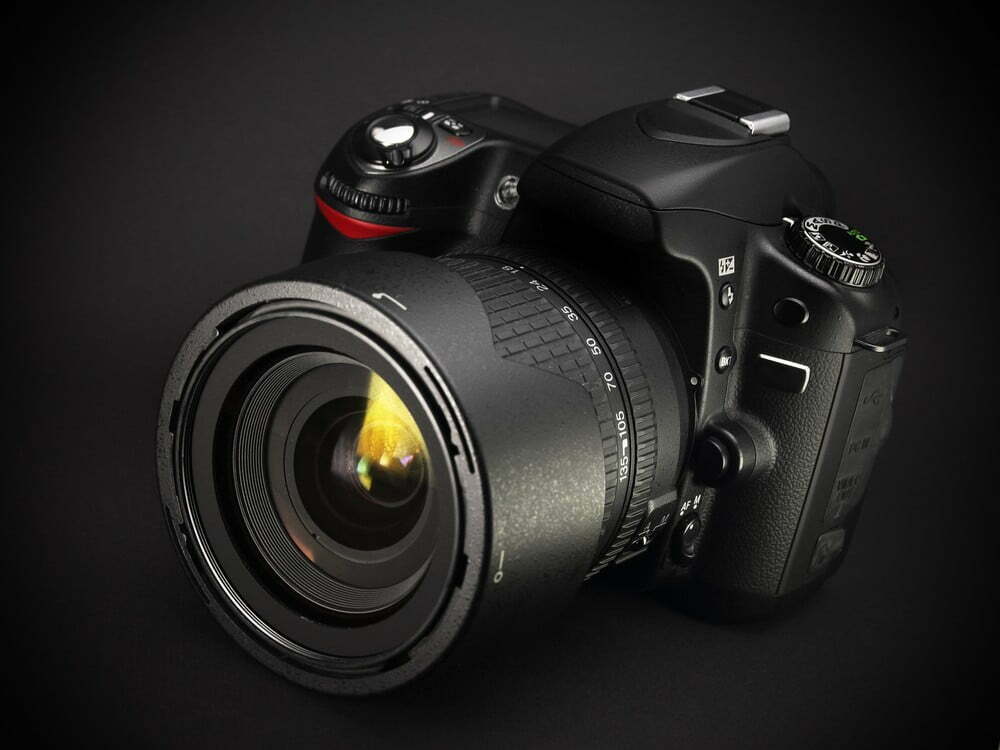













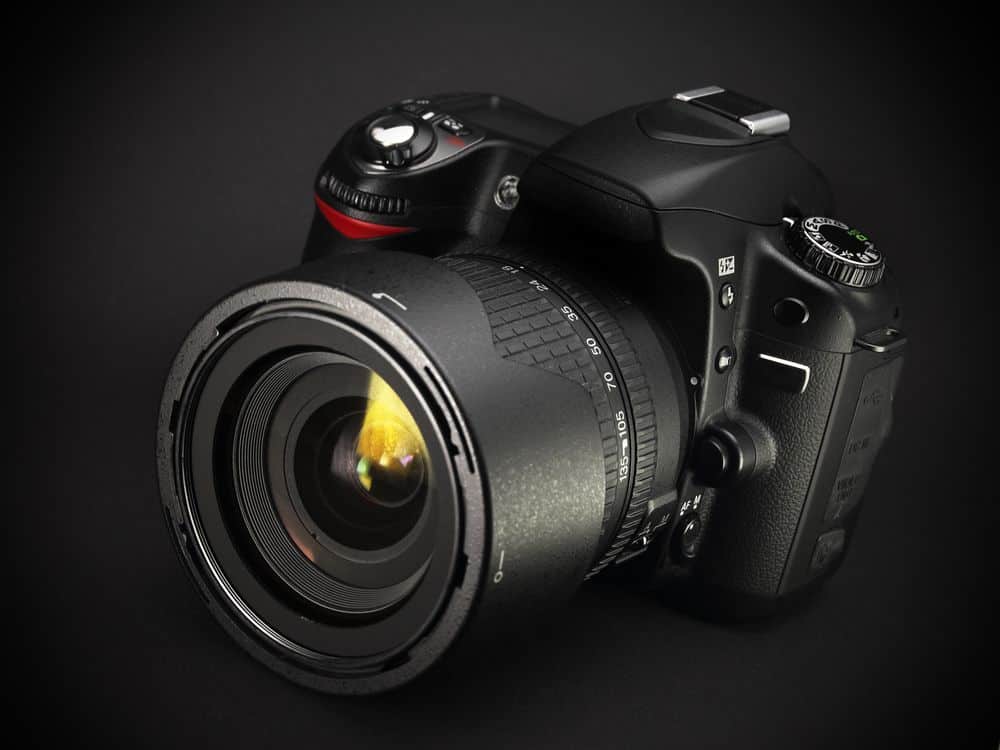
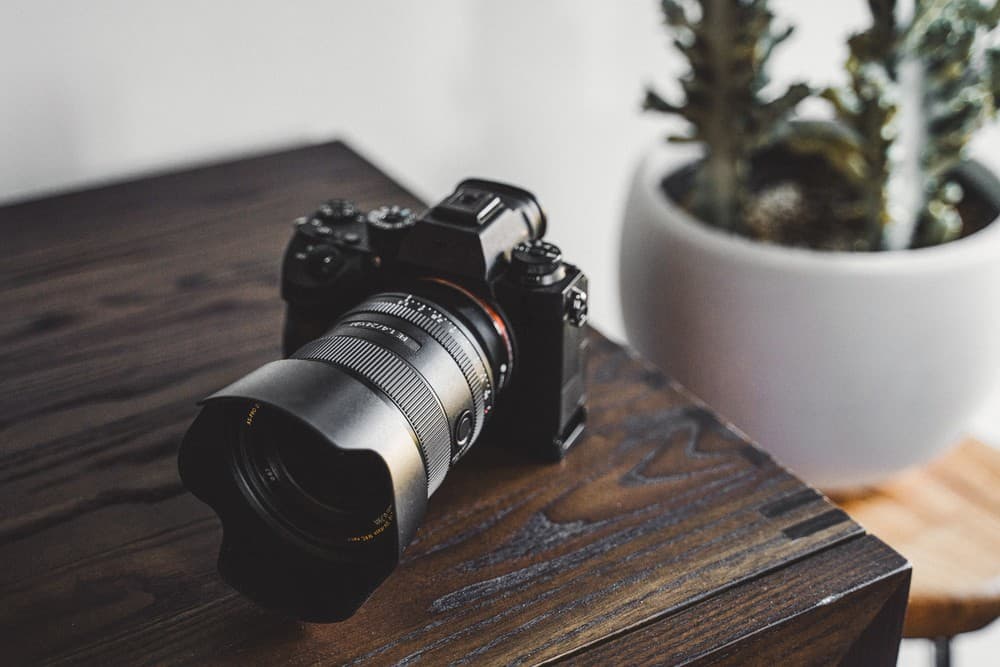
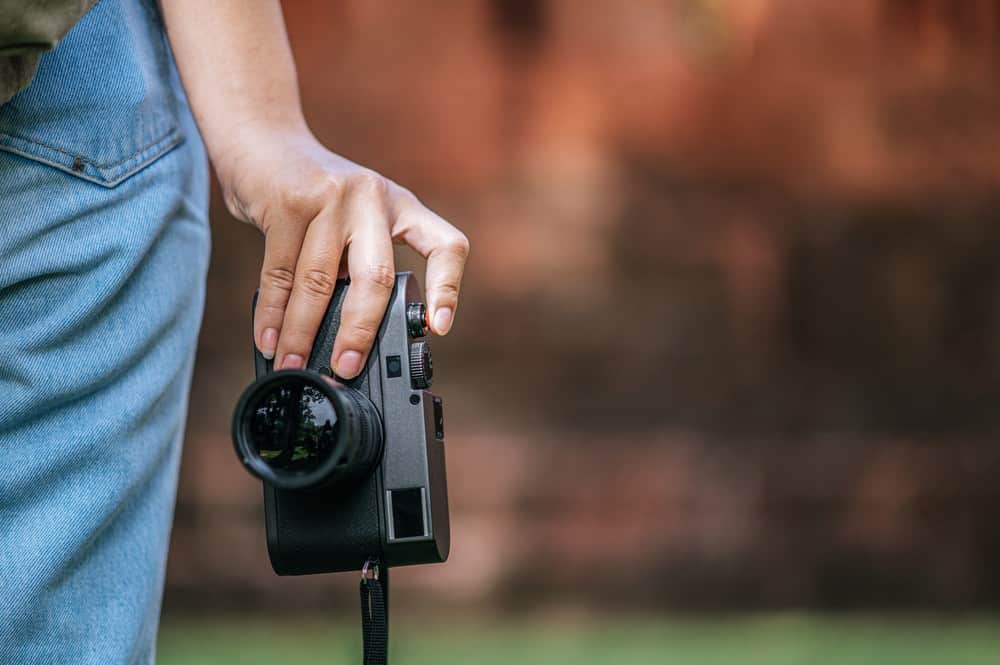
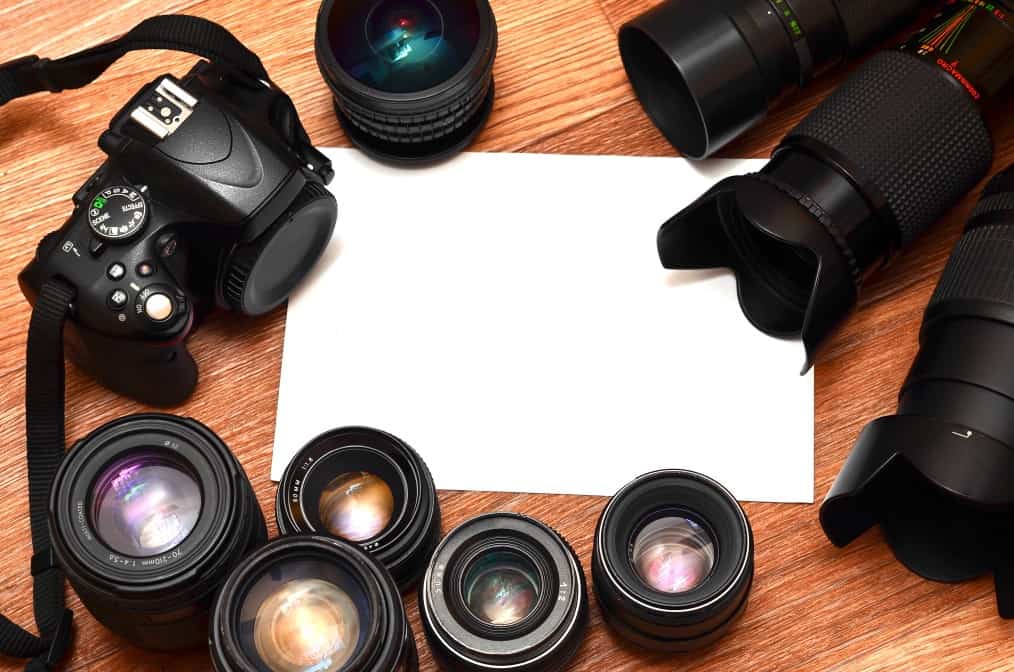
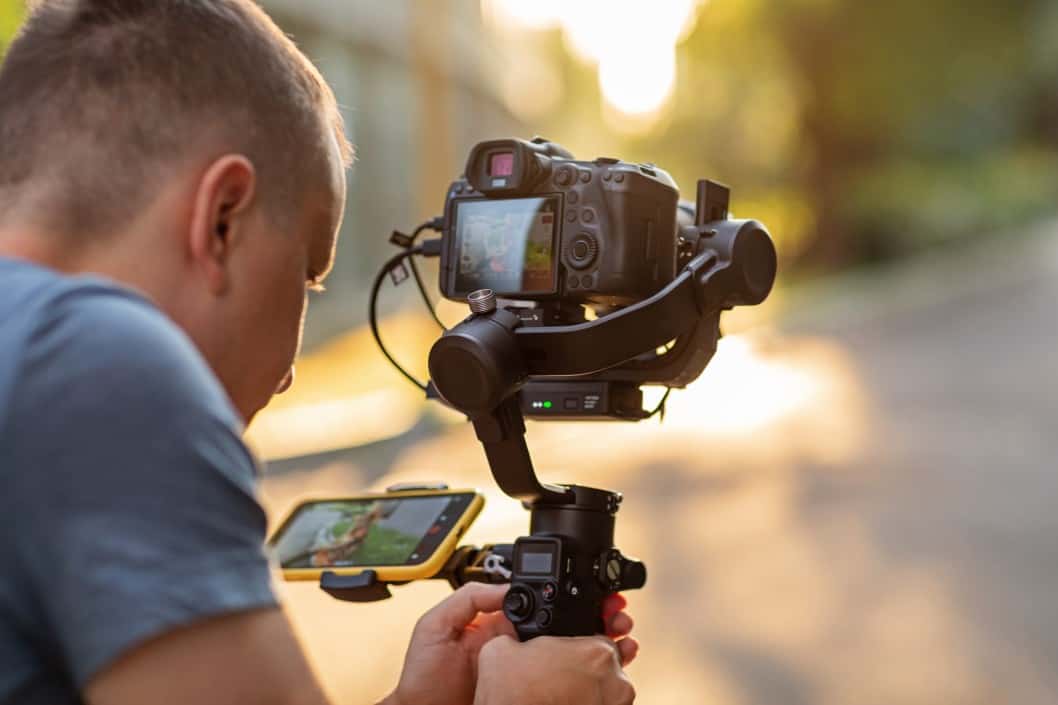
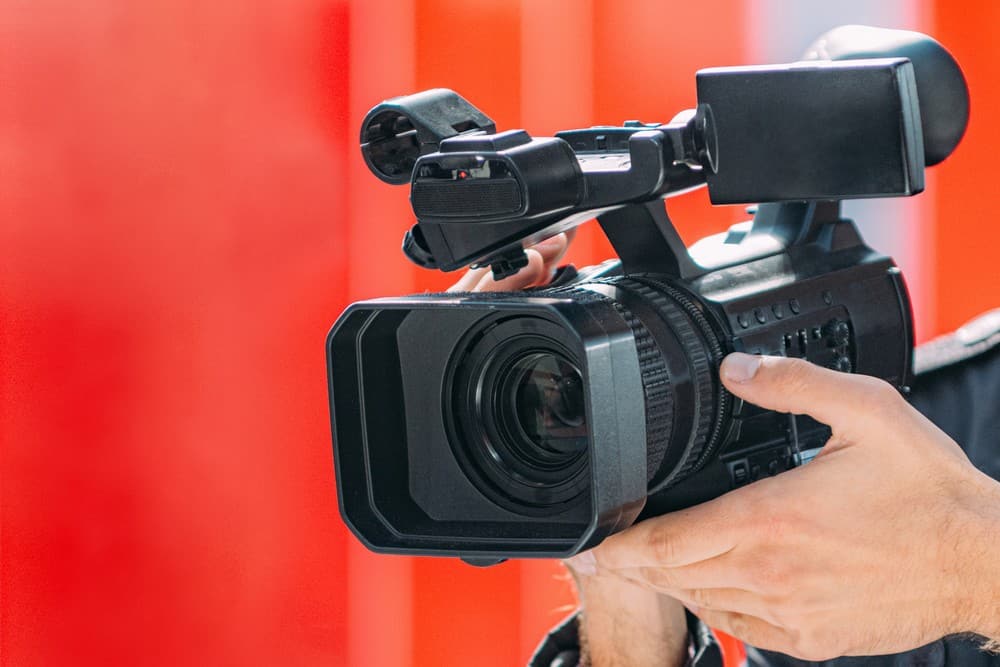
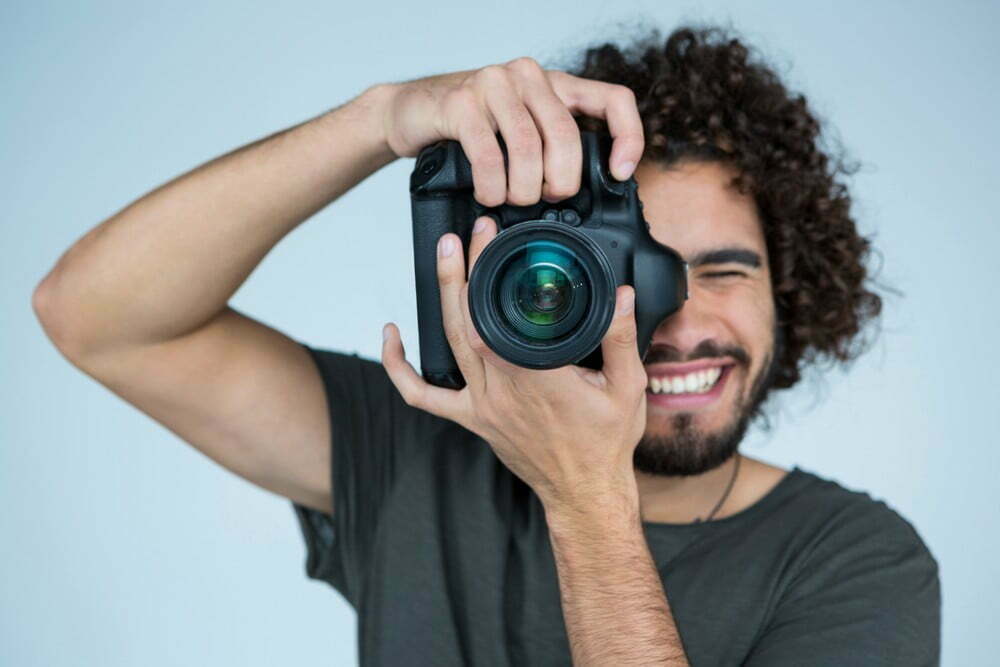
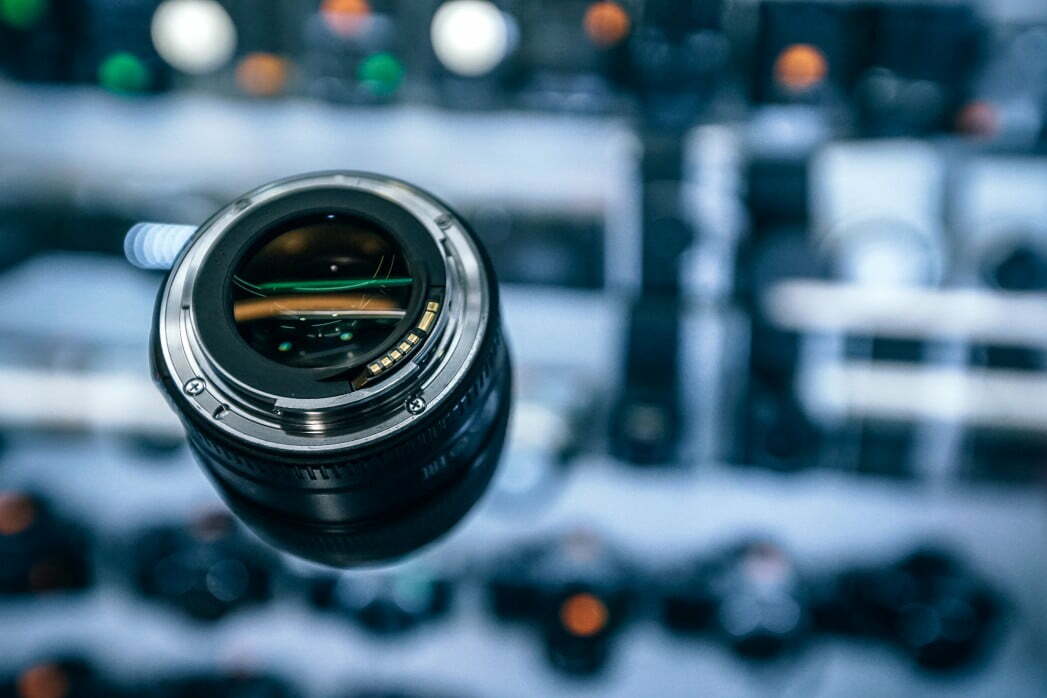
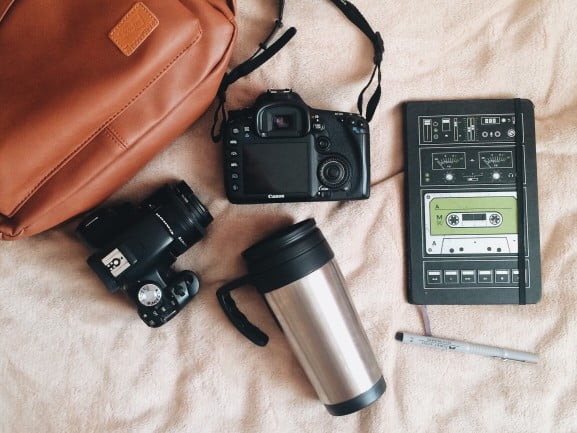
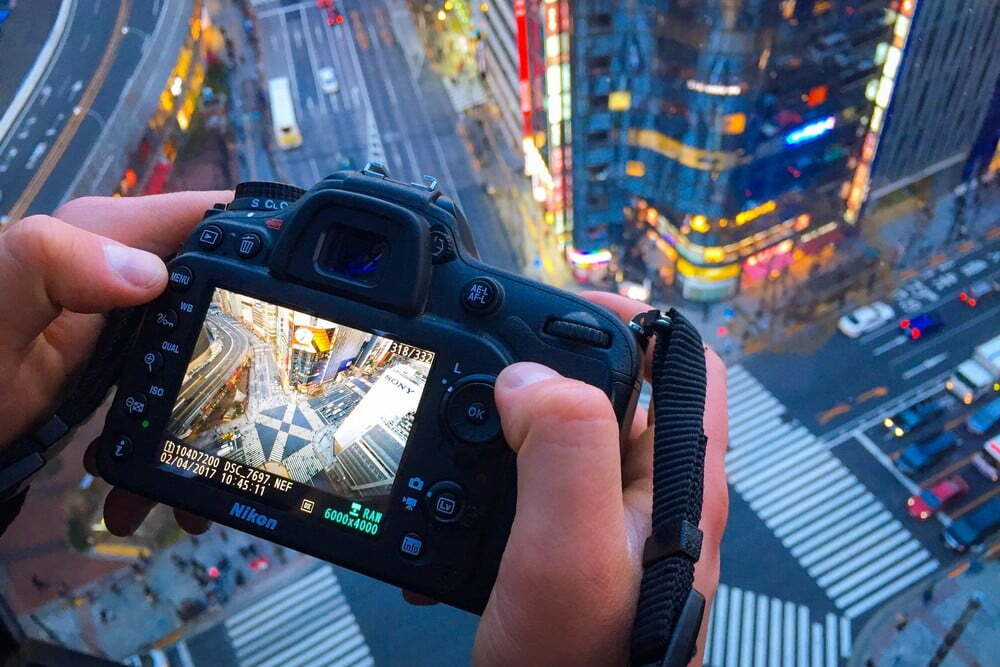
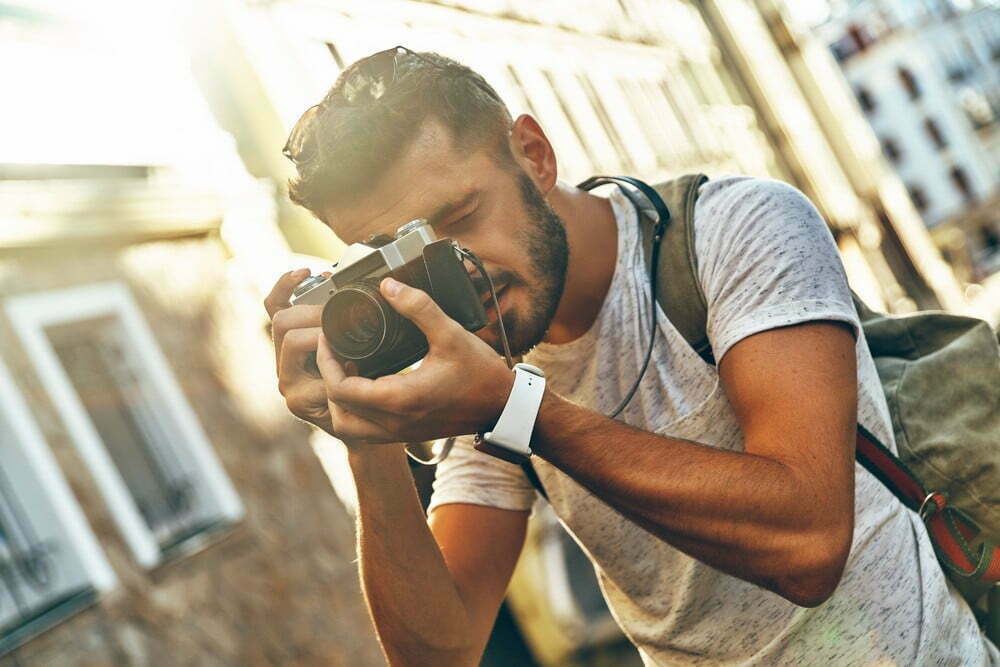
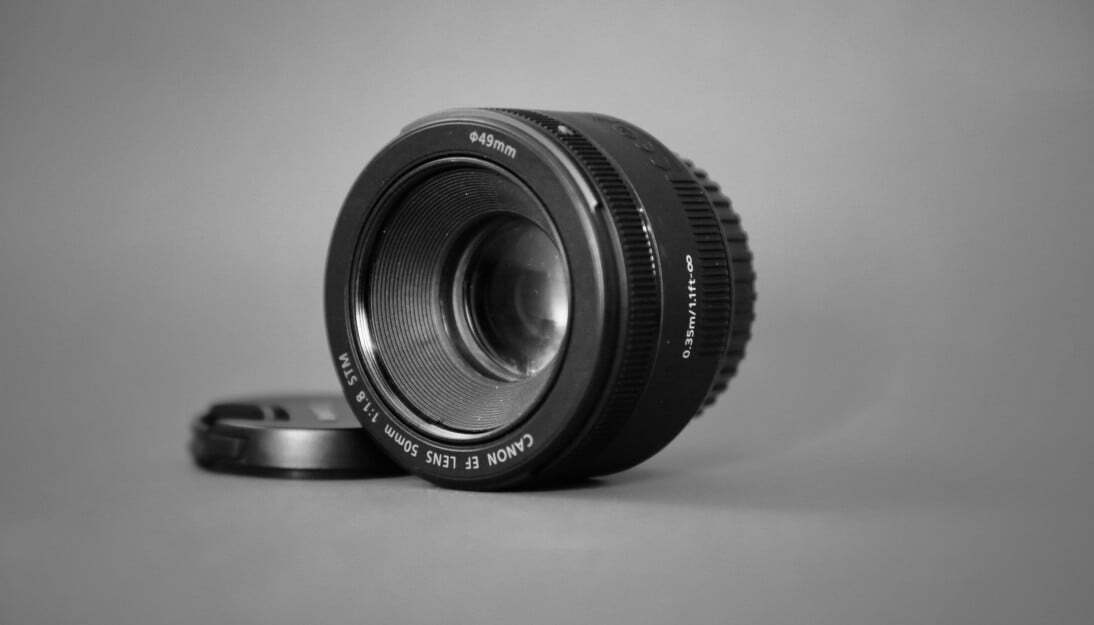
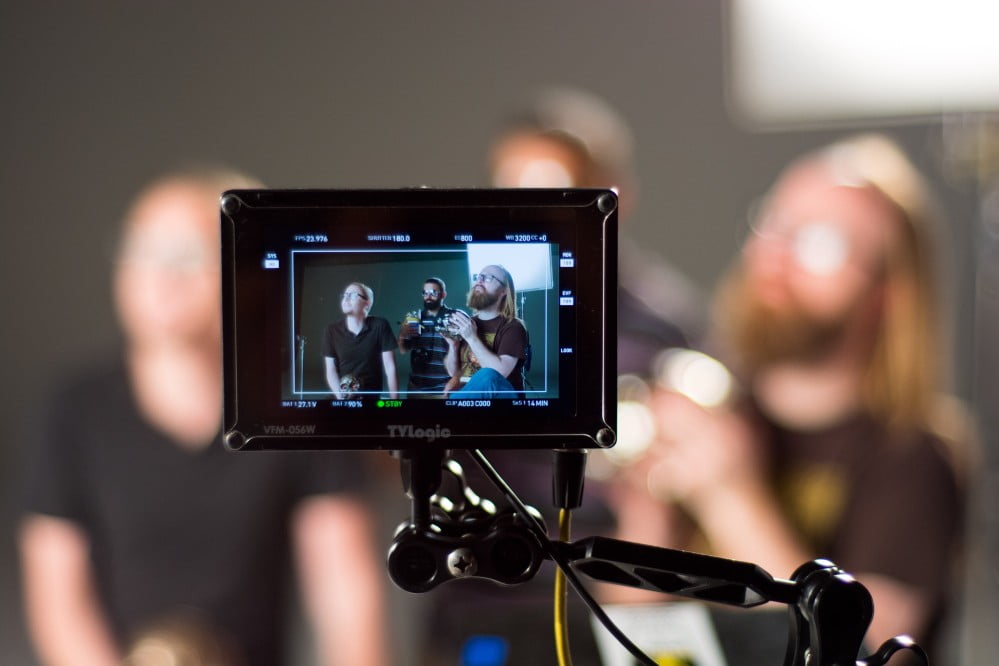
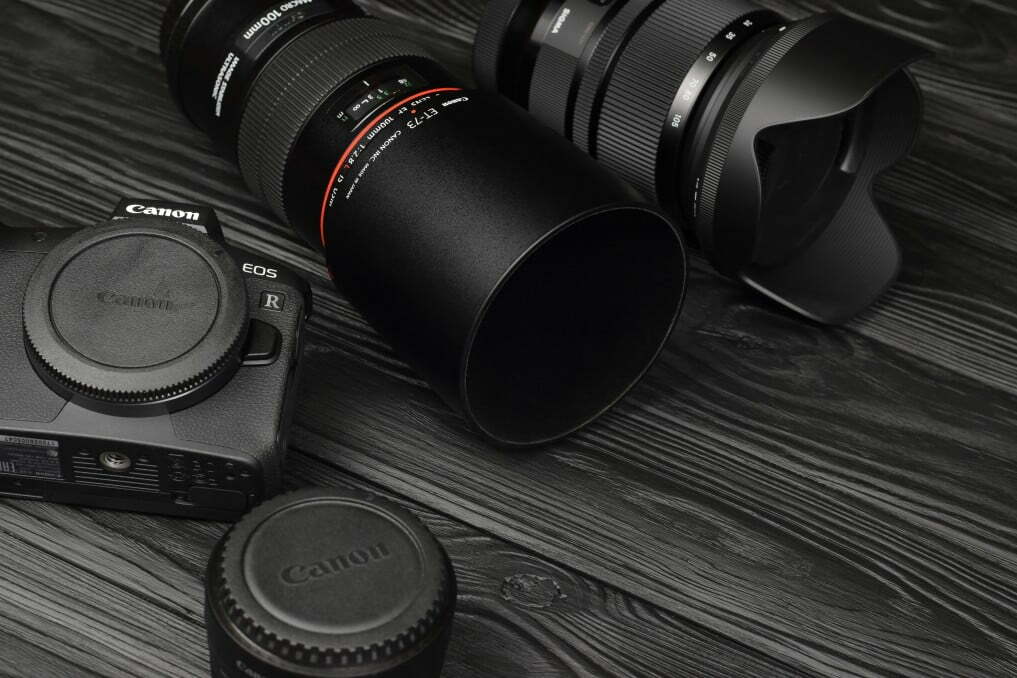
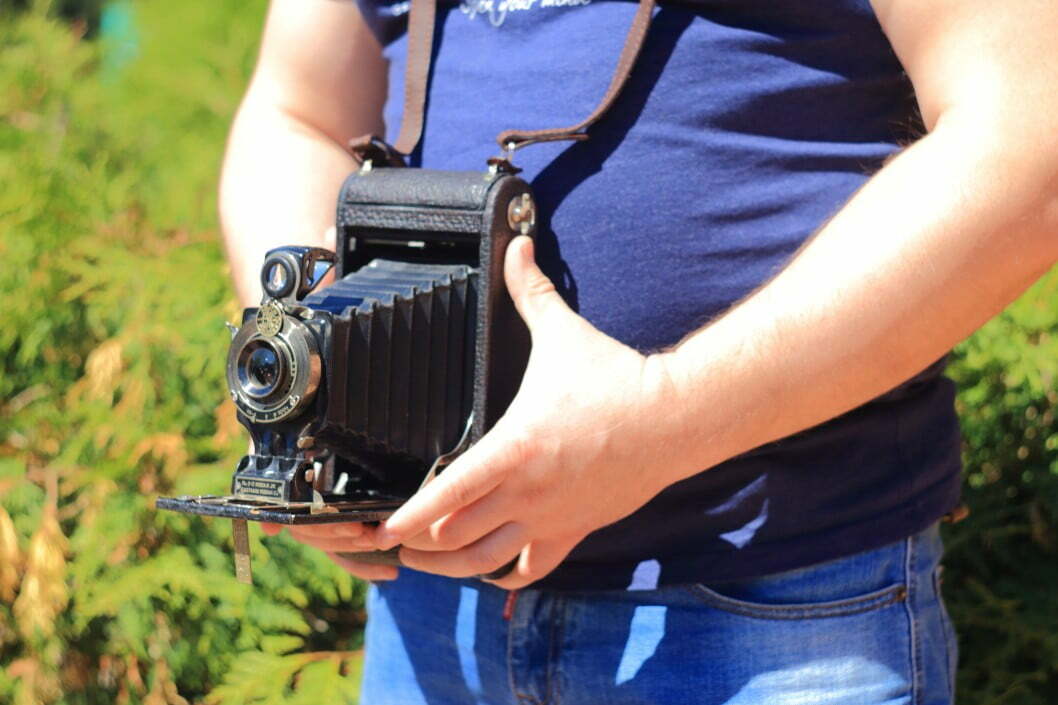
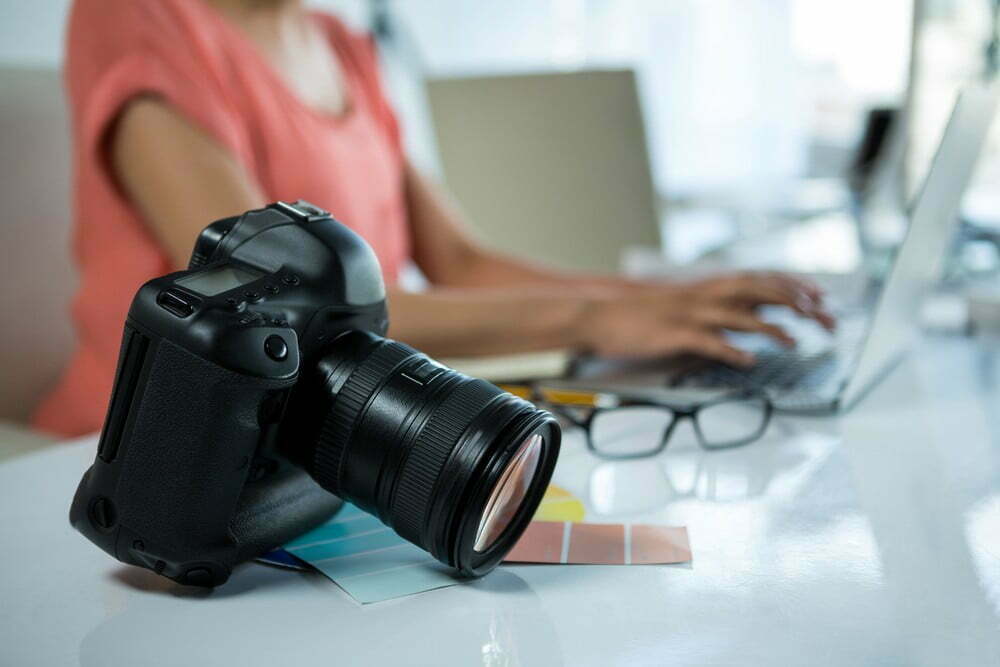
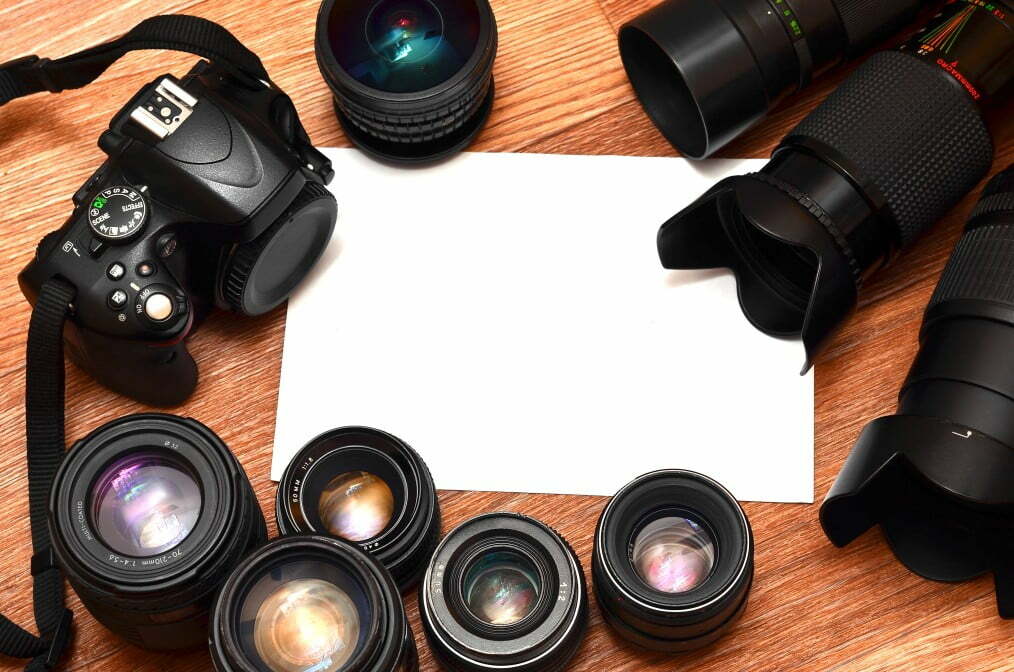
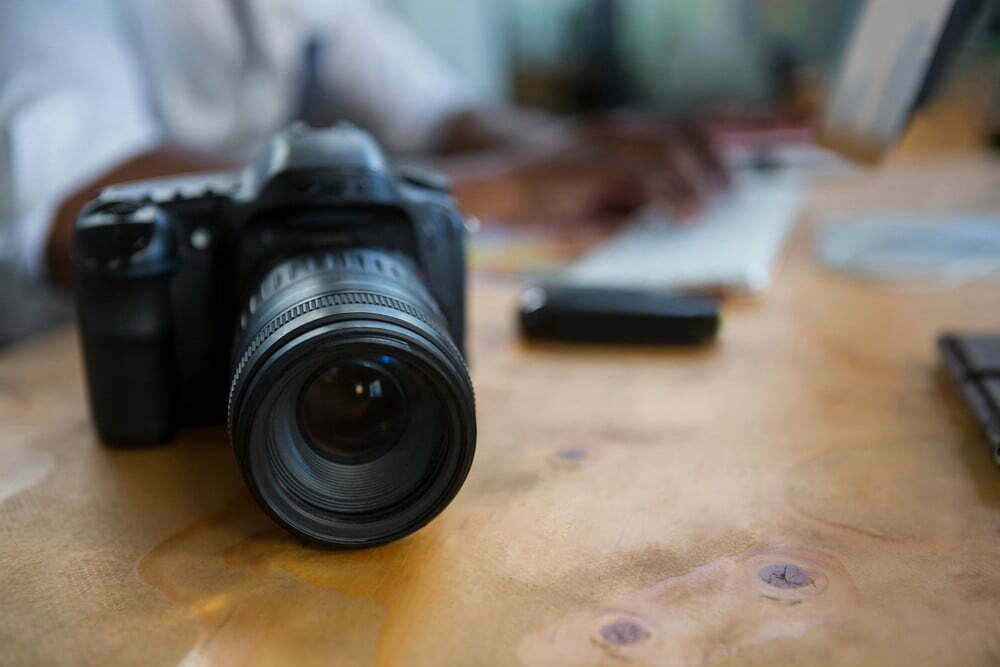
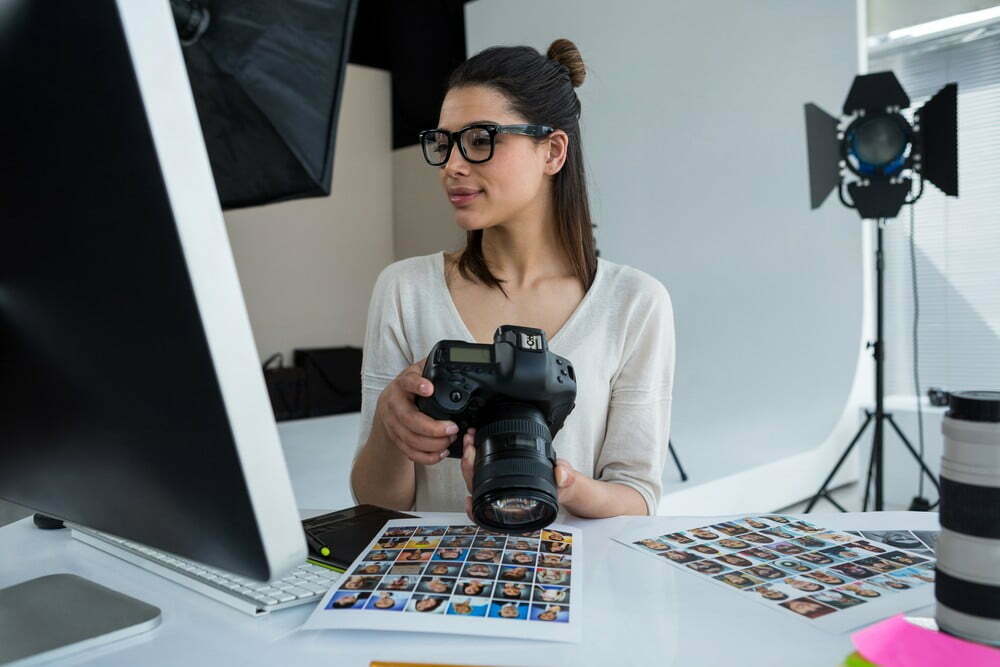
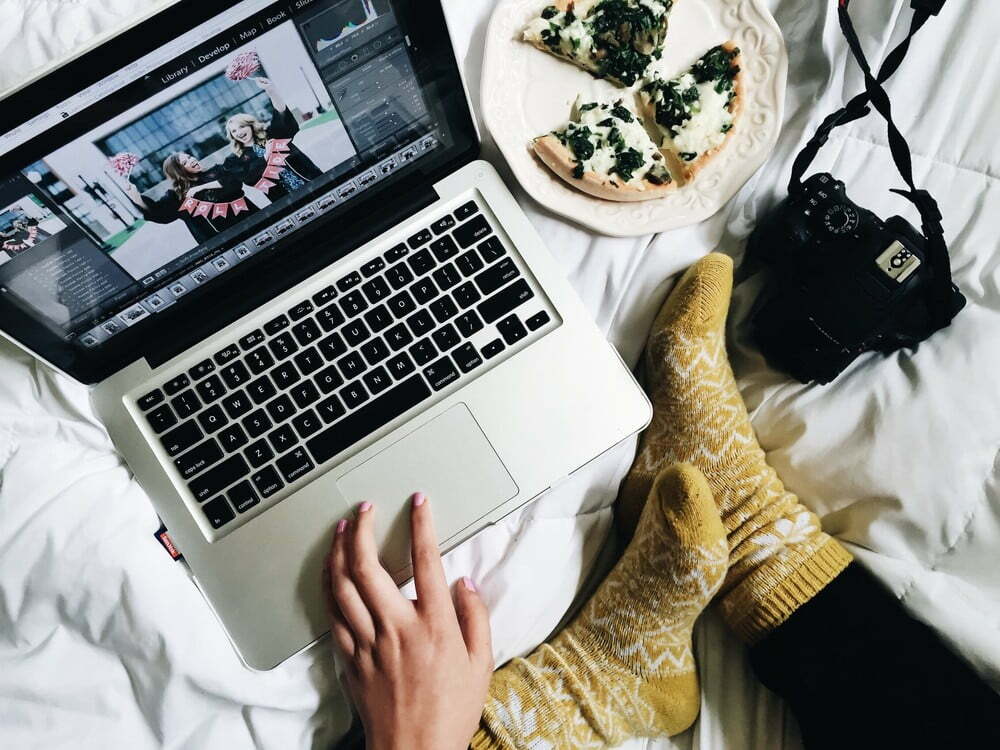
![Best Point and Shoot Camera in [year] ([month] Reviews) 27 Best Point and Shoot Camera in 2025 (April Reviews)](https://www.gadgetreview.dev/wp-content/uploads/Nikon-Coolpix-B500.jpg)
![Best Underwater Camera in [year] ([month] Reviews) 28 Best Underwater Camera in 2025 (April Reviews)](https://www.gadgetreview.dev/wp-content/uploads/best-underwater-camera-image.jpg)
![Best Digital Cameras in [year] ([month] Reviews) 29 Best Digital Cameras in 2025 (April Reviews)](https://www.gadgetreview.dev/wp-content/uploads/what-is-resolution-on-digital-camera-1.jpg)
![Best Digital Camera Docking Stations in [year] 30 Best Digital Camera Docking Stations in 2025](https://www.gadgetreview.dev/wp-content/uploads/best-digital-camera-docking-stations-image.jpg)
![Best Vlogging Camera in [year] ([month] Reviews) 31 Best Vlogging Camera in 2025 (April Reviews)](https://www.gadgetreview.dev/wp-content/uploads/best-vlogging-camera-image.jpg)
![Best Mirrorless Camera in [year] ([month] Reviews) 32 Best Mirrorless Camera in 2025 (April Reviews)](https://www.gadgetreview.dev/wp-content/uploads/best-mirrorless-camera-image.jpg)
![Best GoPro in [year] ([month] Reviews) 33 Best GoPro in 2025 (April Reviews)](https://www.gadgetreview.dev/wp-content/uploads/best-gopro-image.jpg)
![Best Digital Camera Tripods in [year] 34 Best Digital Camera Tripods in 2025](https://www.gadgetreview.dev/wp-content/uploads/best-digital-camera-tripods-image.jpg)
![Best Canon Digital Cameras in [year] 35 Best Canon Digital Cameras in 2025](https://www.gadgetreview.dev/wp-content/uploads/best-canon-digital-cameras-image.jpg)
![Best Polaroid Digital Cameras in [year] 36 Best Polaroid Digital Cameras in 2025](https://www.gadgetreview.dev/wp-content/uploads/best-polaroid-digital-cameras-image.jpg)
![Best Small Digital Camera Cases in [year] 37 Best Small Digital Camera Cases in 2025](https://www.gadgetreview.dev/wp-content/uploads/best-small-digital-camera-case-image.jpg)
![Best Digital Camera USB Cables in [year] 38 Best Digital Camera USB Cables in 2025](https://www.gadgetreview.dev/wp-content/uploads/best-digital-camera-usb-cable-image.jpg)
![Best Digital Camera Bags in [year] 39 Best Digital Camera Bags in 2025](https://www.gadgetreview.dev/wp-content/uploads/best-digital-camera-bag-image.jpg)
![Best Sony Digital Cameras in [year] 40 Best Sony Digital Cameras in 2025](https://www.gadgetreview.dev/wp-content/uploads/best-sony-digital-cameras-image.jpg)
![Best Panasonic Digital Cameras in [year] 41 Best Panasonic Digital Cameras in 2025](https://www.gadgetreview.dev/wp-content/uploads/best-panasonic-digital-cameras-image.jpg)
![Best Digital Camera Accessories in [year] 42 Best Digital Camera Accessories in 2025](https://www.gadgetreview.dev/wp-content/uploads/best-digital-camera-accessories-image.jpg)
![Best Kodak Digital Cameras in [year] 43 Best Kodak Digital Cameras in 2025](https://www.gadgetreview.dev/wp-content/uploads/best-kodak-digital-cameras-images.jpg)
![Best Video Cameras in [year] ([month] Reviews) 44 Best Video Cameras in 2025 (April Reviews)](https://www.gadgetreview.dev/wp-content/uploads/best-video-cameras-image.jpg)
![Best Compact Cameras in [year] 45 Best Compact Cameras in 2025](https://www.gadgetreview.dev/wp-content/uploads/best-compact-camera-image.jpg)
![Best Digital Cameras with Wifi in [year] 46 Best Digital Cameras with Wifi in 2025](https://www.gadgetreview.dev/wp-content/uploads/best-digital-camera-with-wifi-image.jpg)
